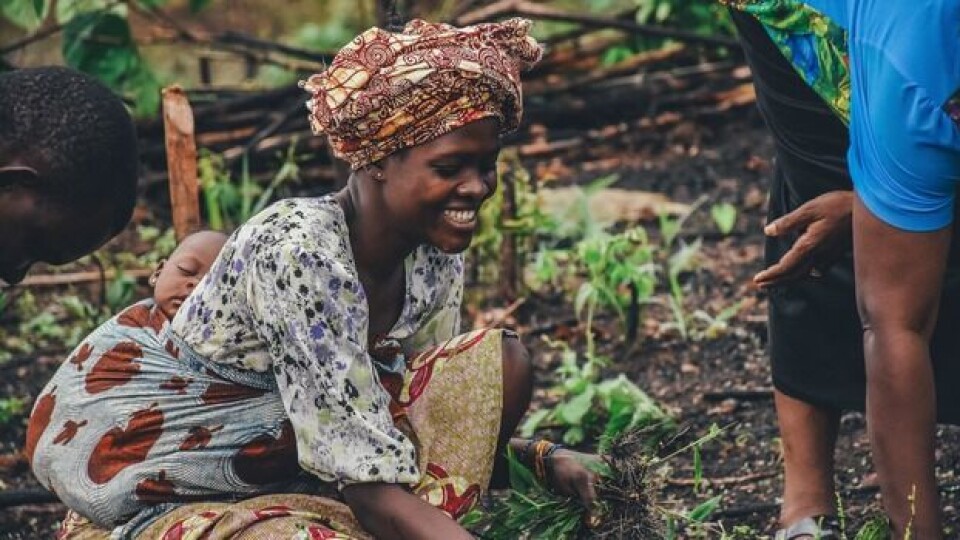Copyright : Re-publication of this article is authorised only in the following circumstances; the writer and Africa Legal are both recognised as the author and the website address www.africa-legal.com and original article link are back linked. Re-publication without both must be preauthorised by contacting editor@africa-legal.com
Using tech to restore land rights in Tanzania

Most traditional customs in Tanzania do not permit women to own land, but now there’s an initiative targeted at changing the narrative, writes Alfred Olufemi.
Despite the fact that the Tanzanian constitution recognises equality to own property for all citizens, the majority of women, particularly in remote areas, secure ownership of land through their spouses. This is because the customary practices do not allow women to own land outright.
Landesa, a global not-for-profit focused on securing land for the poor, and mobile legal service provider Sheria Kiganjani (Swahili for “Law On Your Palm”), are working to solve this problem.
This collaboration brought to life a mobile service that provides women living in remote areas with legal advice about their land rights and information on how to seek redress if these rights are violated.
In 2018 Sheria Kiganjani launched a mobile application which enables Tanzanians to access various legal services remotely from their devices. As a result of the subsequent partnership with Landesa, in November 2019 they added a segment to the app named Mwanamke na Ardhi (Swahili for “Women and Land”), that focuses on women and land rights.
This initiative was lauded at the 67th session of the Commission on the Status of Women (CSW), a body dedicated to the promotion of gender equality and empowerment of women.
The African Outreach Director at Landesa, Dr Monica Magoke-Mhoja, told Africa Legal the app segment was part of the deliverables for the Bertha Challenge, a one-year fellowship she was awarded in 2019. Her project addressed the cultural and social barriers that prevent Tanzanian women from owning land.
After the app segment was launched, they trained community paralegals, also known as Land Rights Champions, on the use of the app. "The segment contains free legal information and education in Swahili language with the purpose of enabling the champions to solve land-related problems through a do-it-yourself approach," she explained.
"The application’s segment enables users to access legal services directly from a cell phone or other mobile device, thereby reducing barriers to justice in rural areas where the nearest legal aid service could be a day’s journey away," Magoke-Mhoja said.
The training, she noted, gave champions the ability to provide legal advice to women, girls and their families, and record obstacles that women faced to rightful land ownership.
The types of cases addressed included land formalisation, boundary disputes, land inheritance, gender-based violence, land ownership and gender discrimination.
Magoke-Mhoja told Africa Legal that the unreliable internet connections in remote areas and inadequate funding have posed a challenge to the implementation of the project. As a way of navigating around unstable internet connections, the project developed a data collection tool that enables the champions to record disputes faced by women offline.
"This allows them to digitally collect data while attending to land queries, even when there is no internet or unstable internet. The data is sent when the internet is strong," she stated.
Magoke-Mhoja says over 20 community paralegals are now registered to use the Women and Land segment. She added that 400 women have already been provided with legal assistance, while 50 widows got their land rights formalised.
To join Africa Legal's mailing list please click here
